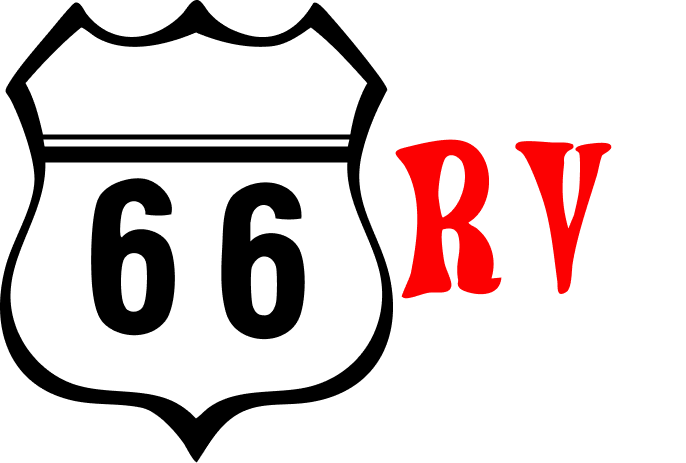What to Consider When Winterizing Your RV
Should you use RV Marine Antifreeze? Or, do you blow the lines out? This depends greatly on where you are storing your RV for winter. If you live in an area which does not get extremely cold, you may get by with simply draining everything and blowing out the lines. However, if your RV will spend the winter in an area that gets into the twenties or lower overnight and will not be above freezing during the day, I highly recommend using RV Marine Antifreeze.
Over the years, countless people have asked me at what temperature they should be concerned about before their water system freezes. I try very hard not to sound sarcastic when I say it, but all water freezes at thirty two degrees Fahrenheit. Damage occurs when the water inside the system freezes because water expands as it turns to ice. When the system is rated for sixty PSI; lines, fittings, and fixtures begin to break with the added pressure from the expansion.
I have seen water systems left completely full (including holding tanks) during an extremely cold period and come out with little or no damage. One in particular had icicles coming from the holding tank because the tank expanded and the water pushed through the rubber grommets at the top of the tank. We just knew that we were going to be replacing everything. Somehow, everything was fine once we thawed it all out in the shop. I have also seen countless RVers forget one little thing when winterizing and cost themselves hundreds of dollars in damages.
When a water system is emptied and correctly evacuated by using compressed air, theoretically there will not be enough water left in the lines to cause damage when it freezes. However, I have sold countless faucets, toilet water valves, and outdoor shower faucets to people who would swear they got all of the water out when they blew out the lines. If you do not want to deal with the odor and clean-up of RV Marine Antifreeze, I completely understand. However, please know that you are taking a risk when you go this route.
If you want to ensure that everything is protected for the winter, my recommendation is to use RV Marine Antifreeze to winterize your fresh water system. I recommend using a line from the suction side of your water pump to pump the RV Marine Antifreeze through the system. This ensures the water pump is winterized as well. Be sure to get all of your fixtures; including the toilet, outside shower, and outdoor kitchen faucet (if equipped). Also, if your refrigerator has an ice maker and or water dispenser, be sure to winterize that as well. You may need to consult the owner’s manual for the best practice for winterizing.
Be sure to drain your tank water heater and put it in bypass before pumping the RV Marine Antifreeze through the system. If you have a tankless water heater, check the owner’s manual for best practices for winterizing. Also, drain your holding tanks and pour some antifreeze down each drain to prevent the P-traps from freezing and breaking. You will want to take these actions regardless of which method you use to winterize.
Whichever method you use, don’t forget the exterior fixtures and fittings. Also, remember to include the toilet water valve and sprayer (if equipped). If you are not sure of the best way to winterize your RV, please consider taking it to a reputable repair shop or having a good mobile technician come to you. This gives peace of mind that a professional who has performed this service hundreds of times has done the work.
